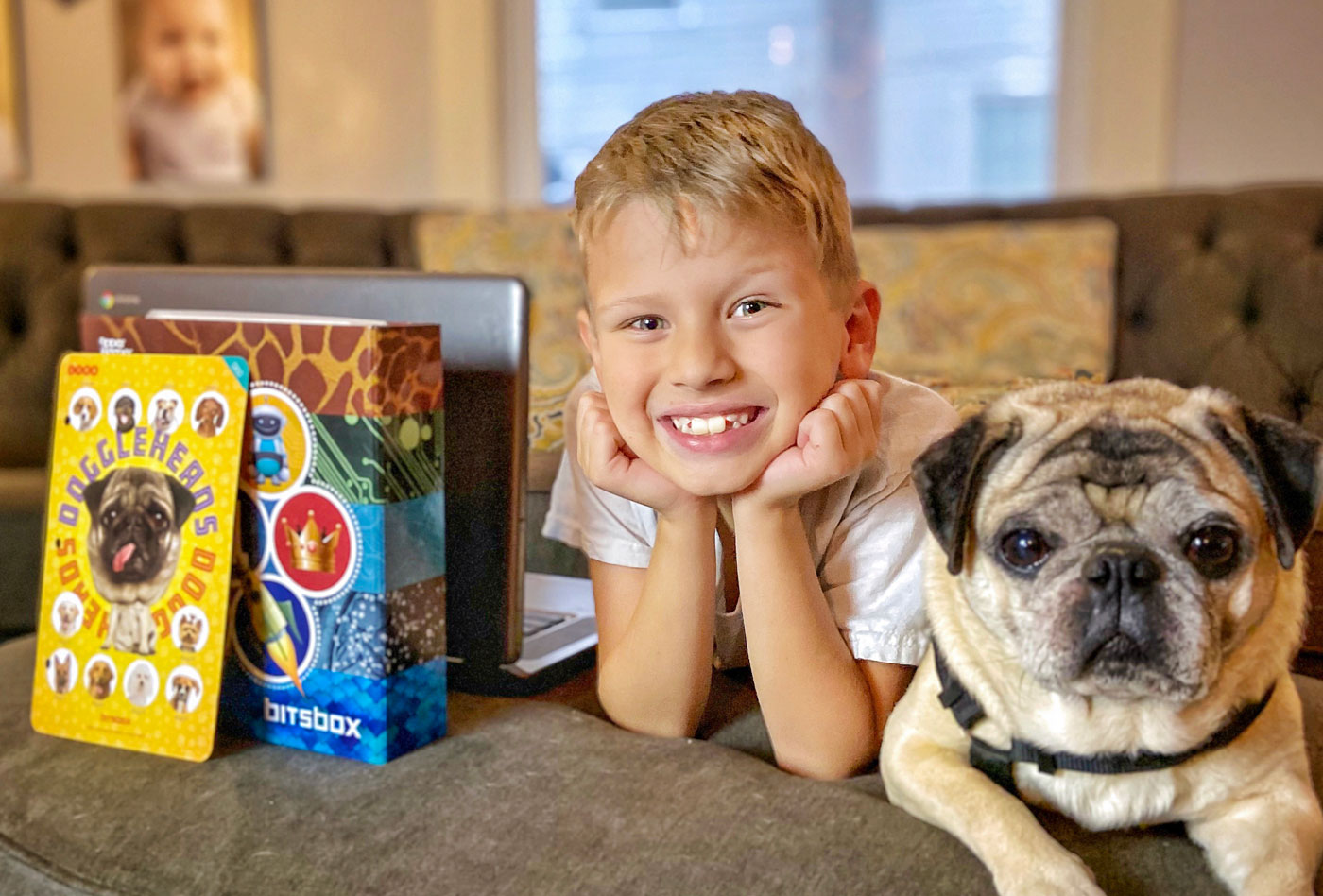You're probably guilty of using the "binge and purge" method of learning—trying to memorize something just long enough to regurgitate it, and then promptly forgetting it. But studies show that this is not an effective way to learn.
Enter "spaced learning," learning that takes place for shorter sessions over a longer amount of time. As a professor at Harvard explains, "When you present and repeat information over intervals of time (as opposed to ‘binges'), you can increase the uptake of knowledge."
Humans are supposed to forget things. It's how we sort out the trivial stuff from the important information we need to retain! We combat forgetting things by frequently returning to information over a longer period of time, and therefore can retain more and more of what we are supposed to be remembering.
The spaces in learning may be as short as a few minutes or as long as a few weeks, but as researchers have found, "information that is frequently retrieved becomes more retrievable." Information that you don't recall fades from memory. The more often you access it, the more likely you are to remember it.
It turns out it's actually more efficient to learn using the spacing method too! Learning from binges is incredibly inefficient. If you were to ever need that information again it would take almost as long to learn it all over again, whereas spaced learning requires less invested time overall.
Our brains are smart, and sometimes we really only need information for just long enough to ace the test or presentation. But when your goal is long term retention, such as kids learning a new skill like coding, spaced learning is the most effective.
That's why learning to code with Bitsbox works! We send kids new content every month so they can re-engage with learning to code, remembering more over time the more they use it! Each box introduces more concepts, upping the difficulty level, requiring kids to build on the learning they already have, and reinforcing past coding concepts every step of the way.
It's how kids can go from building simple games like this:
To building more complex games like this:


